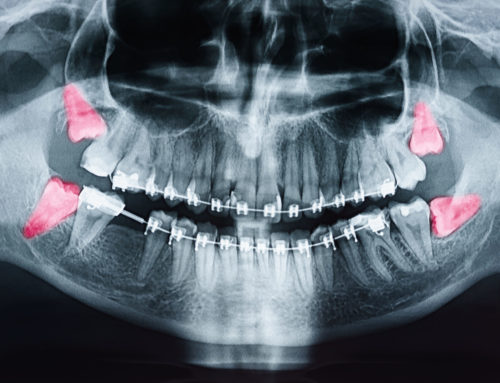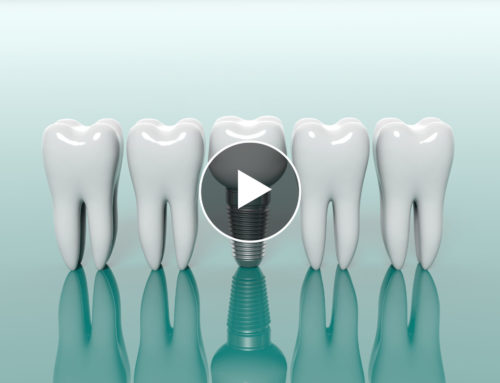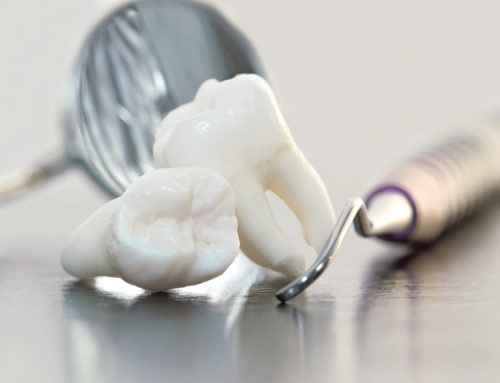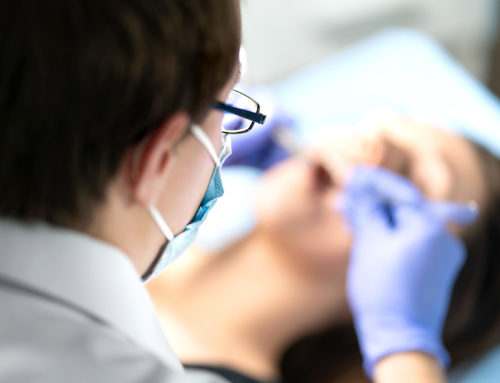 Do you have a tendency to snore loudly at night? Do you wake up suddenly and extremely short of breath? Does your spouse notice that you stop breathing while you sleep?
Do you have a tendency to snore loudly at night? Do you wake up suddenly and extremely short of breath? Does your spouse notice that you stop breathing while you sleep?
If any of these scenarios sound like you, it could be possible that you have sleep apnea. Fortunately, treatment options are available.
What is Sleep Apnea?
If you have sleep apnea, it means that your upper airway becomes obstructed while you sleep. This could be due to excess tissue, a large tongue, large tonsils, the positioning of your jaw, or problems with your airway. If you experience any of the symptoms of sleep apnea, you will likely go into the hospital to have a sleep study done in order to confirm the diagnosis.
How Can Sleep Apnea Be Treated?
There are several surgical treatment methods available that are designed for sleep apnea:
- Uvuloplatopharyngoplaty. Also known as UPP, this procedure shortens and also stiffens the soft palate by removing part of the uvula and reducing the soft palate edge area.
- Hyoid suspension. In this procedure, the hyoid bone found above the thyroid cartilage is secured to the cartilage in order to stabilize this portion of your airway.
- Genioglossus Advancement. This procedure involves tightening the tendon at the front of the tongue, reducing the amount of tongue that will be displaced into the throat. This is usually performed along with one of the two previously mentioned procedures in order to obtain the best possible results.
- Maxillomandibular Advancement. Also known as MMA, this procedure will move both of your jaws forward, along with the palate and the tongue, for the purpose of opening the upper airway.
Your doctor may recommend other treatment options, but surgery is one of the best methods for long-term relief. Please contact our office to determine how to best treat your case of sleep apnea.





